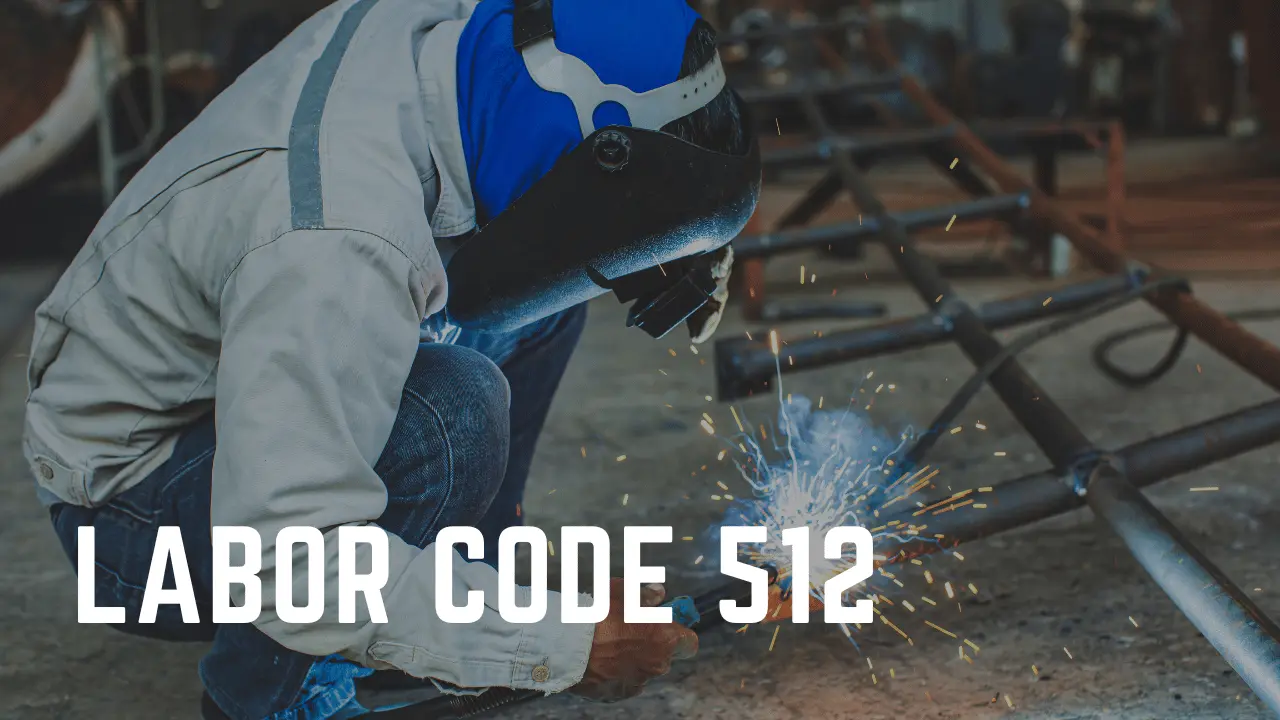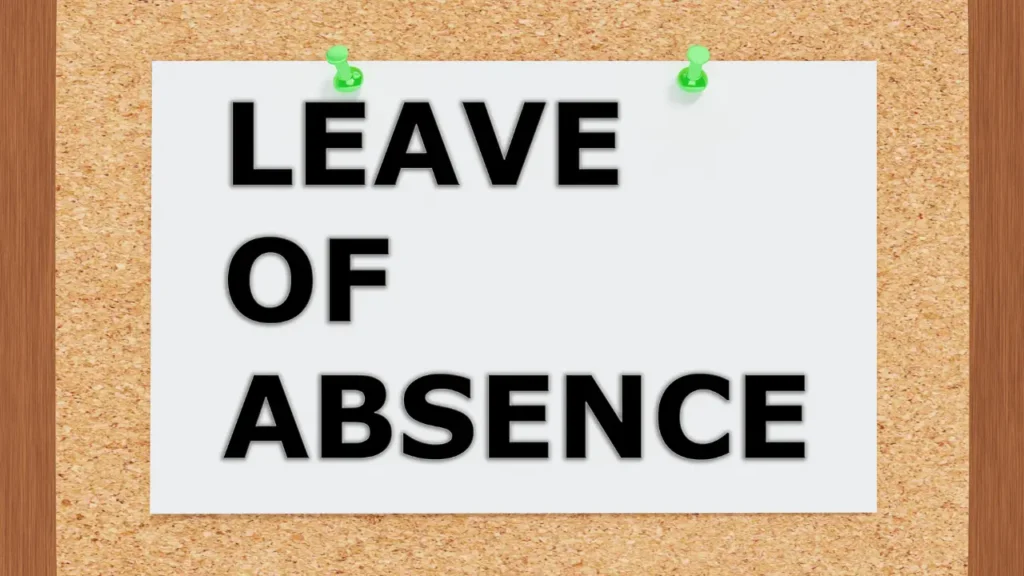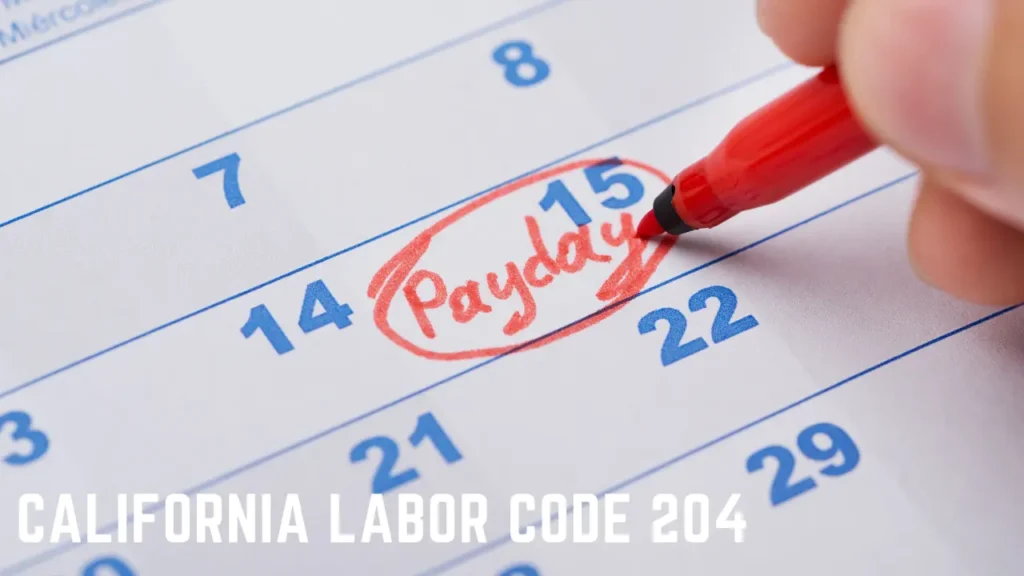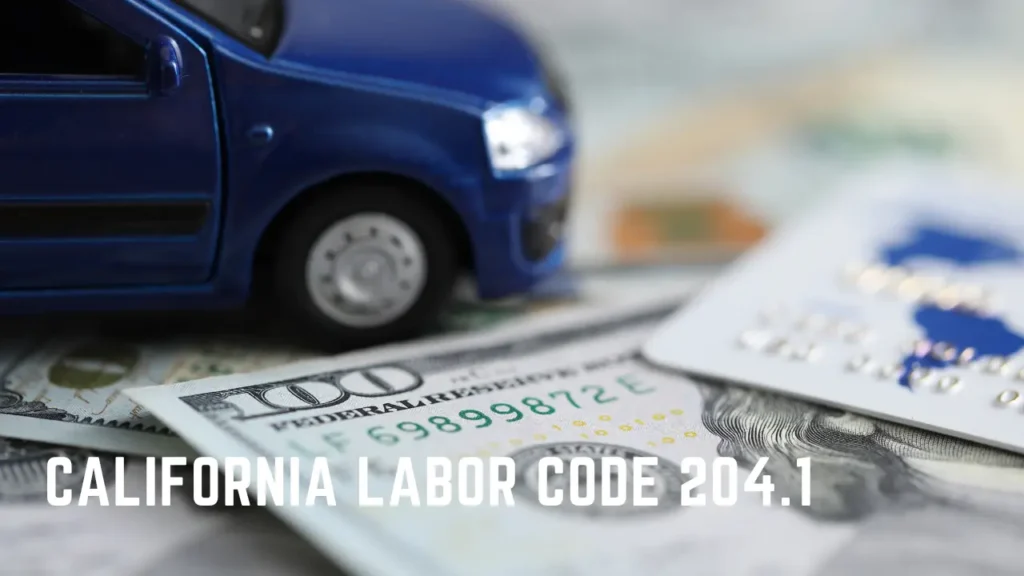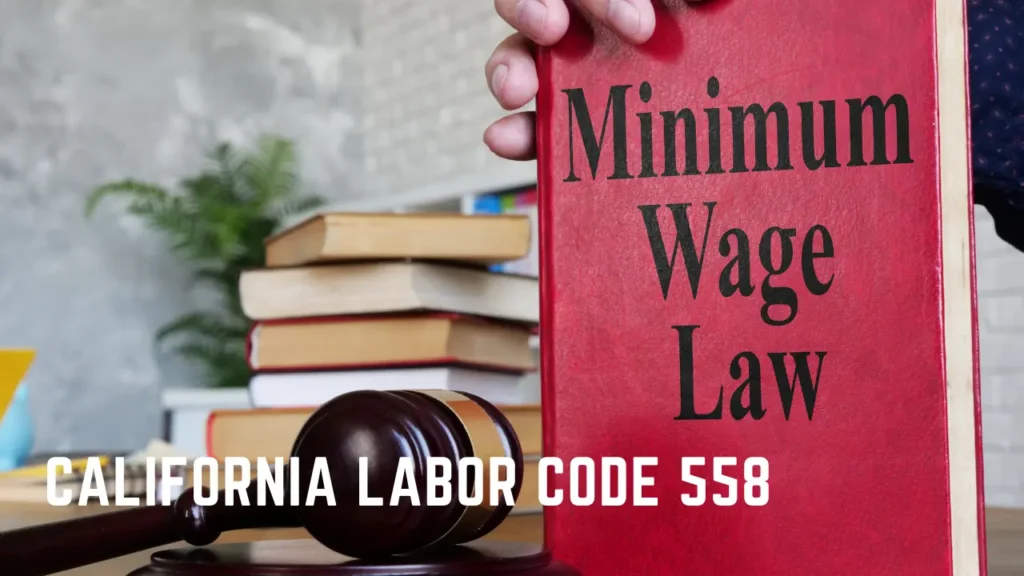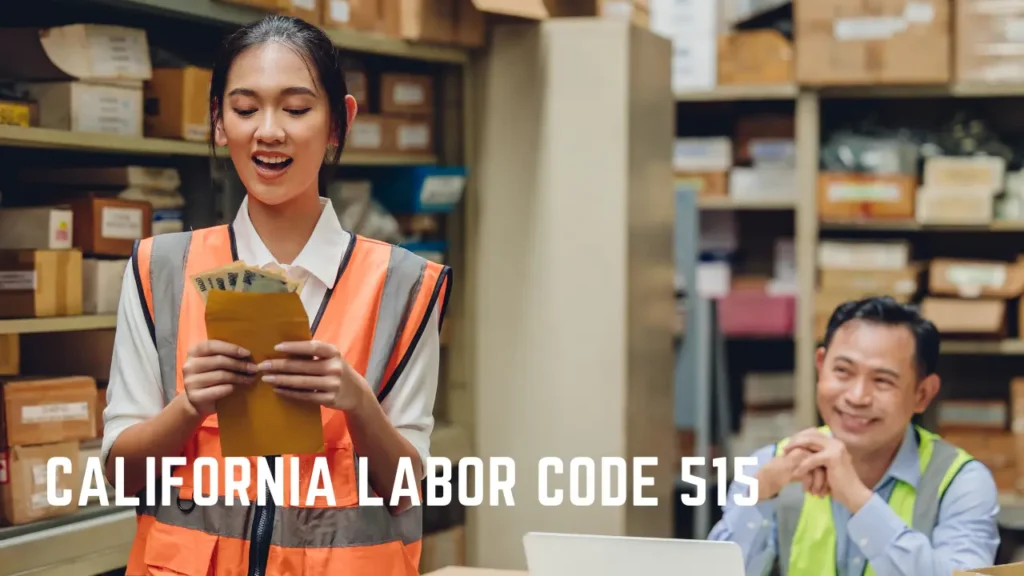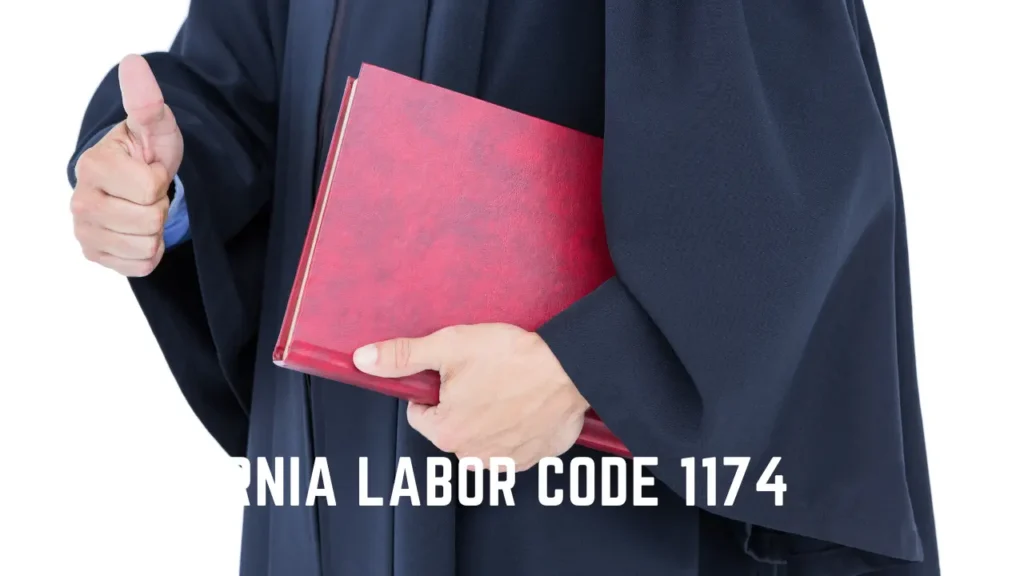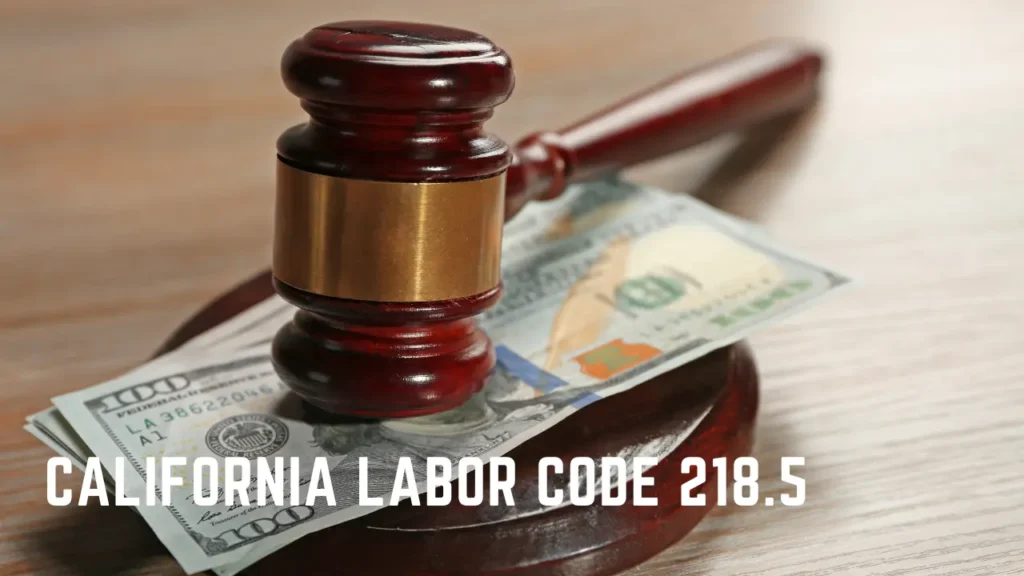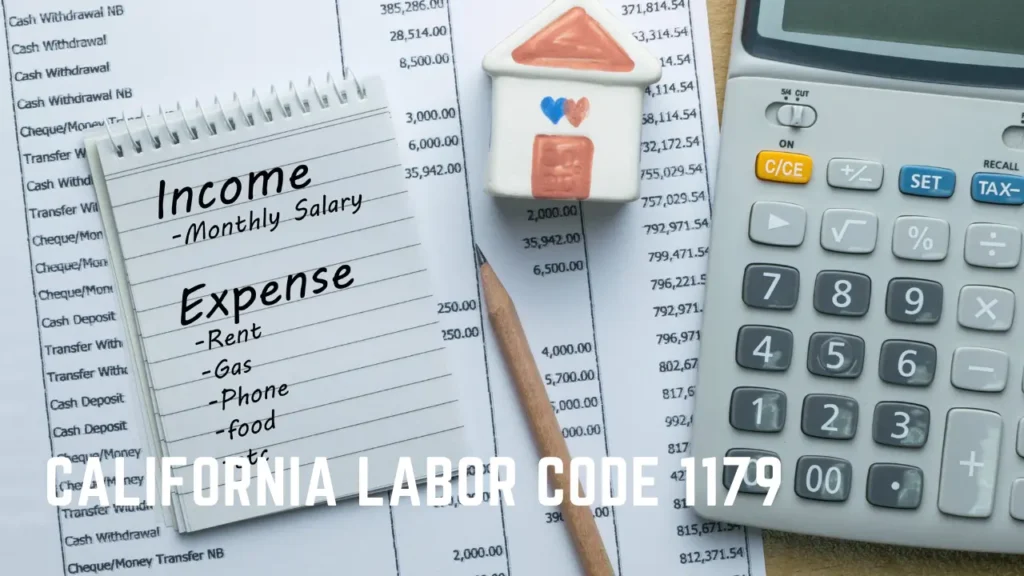Table of Contents
ToggleAs such, a thorough grasp of its provisions is invaluable in fostering a work environment that respects workers’ rights and adheres to legal norms. Among the pertinent aspects of this code are its stipulations on the timing and length of meal breaks, the distinction between the types of employees it covers, and the penalties for non-compliance.
However, there is more to this law than meets the eye, opening up a whole range of considerations that are worth exploring.
Understanding Labor Code 512
California’s Labor Code 512 serves as the statutory provision that mandates employers to facilitate unpaid meal breaks, allowing employees to rest and refresh during their workday and mitigating the effects of prolonged work periods without any breaks.
These meal breaks are intended to be duty-free, ensuring employees are completely relieved of their responsibilities during this time. Workers have the freedom to use this time as they choose without employer interference.
This law applies to non-exempt employees, encompassing a range of occupations from professional to mechanical roles. However, it excludes exempt workers like managers, independent contractors, and unionized employees under certain agreements.
The entitlement and duration of these meal breaks are determined by the length of the employee’s shift.
Eligible Employee Categories
While understanding the labor code is essential, it is equally important to clarify which categories of employees are eligible for these meal breaks as stipulated by California’s Labor Code 512.
- Non-exempt Employees: The primary beneficiaries of the meal break rules are non-exempt employees. These are workers who are subject to wage and hour laws, typically paid hourly, and perform professional, technical, clerical, and mechanical jobs.
- Exclusions: Certain categories are excluded from these provisions. These include exempt employees such as managers and supervisors, independent contractors, and unionized employees who have different agreements in place.
- Break Entitlement: Depending on the duration of their workday, eligible employees are entitled to different break durations, ranging from no required break for less than 5 hours to two 30-minute breaks for over 12 hours.
Meal Break Duration Guidelines
Under the stipulations of California Labor Code 512, the duration and frequency of meal breaks are determined by the length of an employee’s workday. For work periods of more than five hours, a meal break of not less than 30 minutes is mandated. This break may be waived, however, if the total workday is no more than six hours.
If an employee’s work period exceeds ten hours, a second meal break of at least 30 minutes is required. The statute grants the employee the option to waive the second meal break if the total hours worked is no more than twelve and the first meal break was not waived.
These guidelines ensure fair working conditions and promote employee wellbeing.
Compensation During Meal Breaks
In accordance with California Labor Code 512, meal breaks are generally unpaid, provided the employee is relieved of all work duties during this period. However, there are exceptions to this rule:
- On-Duty Meal Breaks: If the nature of work prevents an employee from being relieved of all duties, an on-duty meal break may be allowed. This should be paid and must be agreed upon by both parties in a written agreement.
- Missed Meal Breaks: If an employer fails to provide a meal break, they are required to pay the employee one additional hour of pay at the employee’s regular rate.
- Rest Breaks: Unlike meal breaks, rest breaks are paid and must be provided for every four hours worked, or major fraction thereof.
On-Call Rules During Breaks
Shifting the focus from compensation during meal breaks, it’s crucial to understand the regulations surrounding ‘on-call’ periods during these breaks.
Under California Labor Code 512, employers are prohibited from keeping employees on-call during meal breaks. This means that employees should be free from all duties and free from employer control concerning how they spend this time. Employers are not obligated to ensure employees take their breaks but must provide the opportunity.
This rule ensures an employee’s right to a proper rest period during the workday. Failure to comply can result in penalties for employers, including paying damages for meal period violations. Therefore, understanding and adhering to these ‘on-call’ rules is vital for both employers and employees.
Employee Rights and Responsibilities
Navigating the complex landscape of California’s meal break laws, employees shoulder certain rights and responsibilities that are integral to maintaining a balanced work environment.
- Rights: Employees have the right to a meal break after five hours of work, unless their workday is six hours or less and both employer and employee agree to waive this right. Breaks must be at least 30 minutes long, during which employees should be free of all duties.
- Responsibilities: While employees have the right to a meal break, they are also responsible for using this time appropriately. This includes refraining from performing work duties unless they freely choose to do so.
- Violation Reporting: Should employers not comply with the meal break laws, employees have the right and are encouraged to report these violations to the California Labor Commissioner’s Office.
Employer Liabilities and Penalties
While understanding the rights and responsibilities of employees is crucial, it is equally important to examine the liabilities and potential penalties that employers might face for non-compliance with California’s meal break laws.
If employers violate these laws, they may be required to pay the employee one hour of pay at the employee’s regular rate for each workday that the meal period is not provided. This is referred to as a premium wage.
In addition, employers may also face civil penalties for violation of these laws, which can range from $50 to $100 per employee for each pay period in which a violation occurs.
Employers must also bear in mind that repeated violations could lead to a lawsuit for breach of contract or even collective action.
Conclusion
In conclusion, the California Labor Code 512 establishes comprehensive guidelines concerning meal breaks, playing a crucial role in ensuring employee welfare and promoting workplace fairness.
It is imperative for both employers and employees to comprehend these provisions thoroughly to maintain a legally compliant work environment.
As this law covers break durations, compensation, on-call rules, and penalties, a profound understanding can mitigate potential disputes and foster a harmonious and productive workplace.

